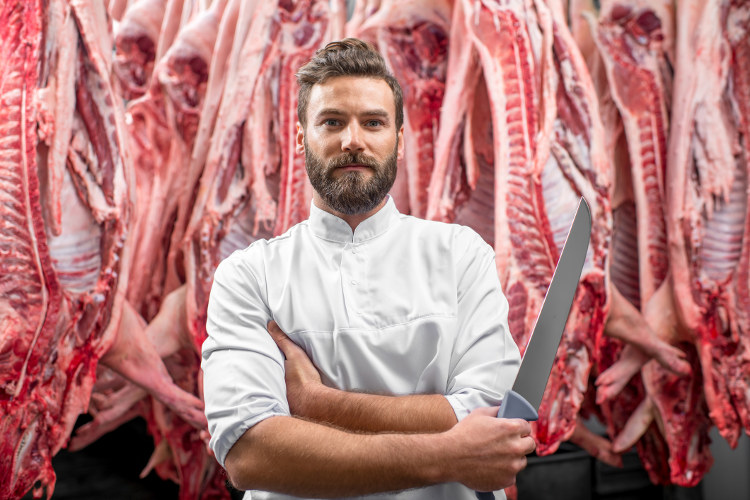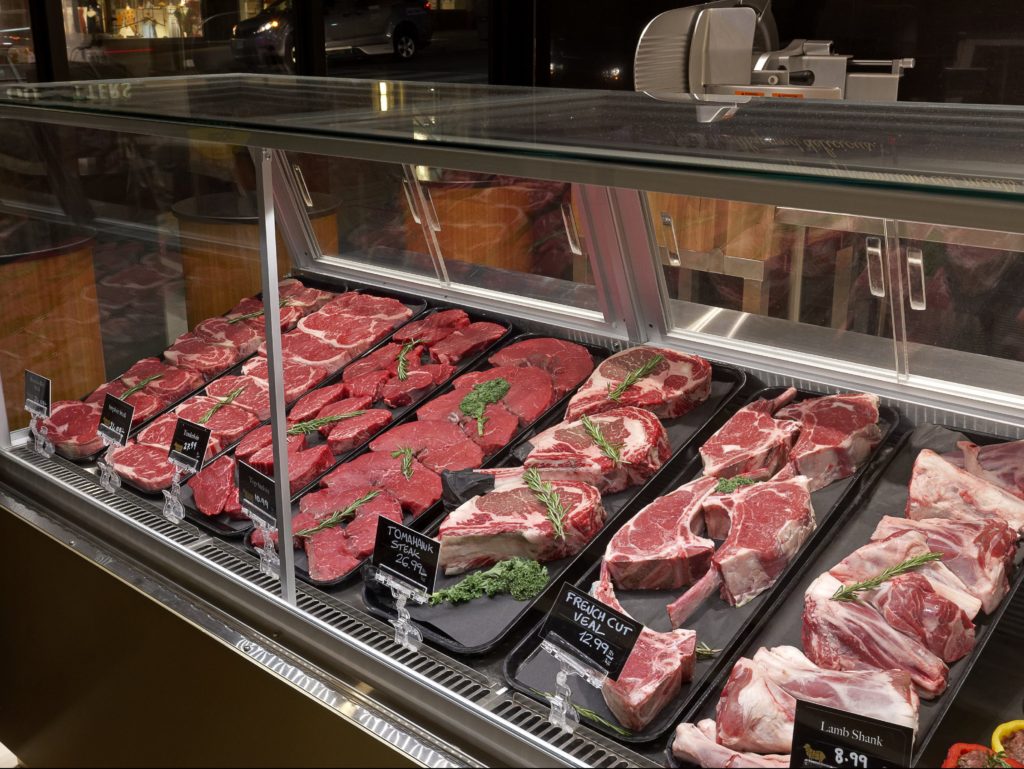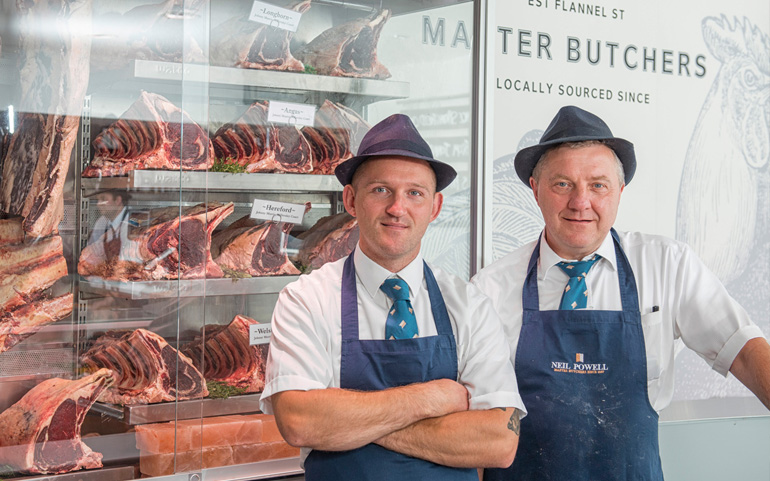24 Aug, 2018
How To Open a Butcher Shop Business
Butcher’s shops are an institution, providing fine cuts of meat and an expert service. While supermarket deli counters have eaten into the market in recent years, butcher’s shops are still popular among loyal customers that value the traditional experience. Passion and knowledge are key to being a successful butcher, along with sound business sense and dedication to creating a brand based on fundamental principles.
What type of person makes a good butcher?
Generally, the best butcher’s shops are run by people that are:
- passionate about providing good quality meat
- interested in the animal’s journey from field to table
- keen to provide a personable and expert service
- knowledgeable about carcass processing and different cuts of meat
- interested in food supply issues
Working with meat can be messy, which makes a passion for butchery a must if you are looking to run a butcher’s shop with care and consideration for many years to come – don’t try and fake it.

Identifying your competition
In order for your butcher shop to be successful, you’ll need to remain competitive among other offerings in the region. With the enormous buying power of supermarkets, and the rise in supermarket deli counters, you may think it’s impossible to remain competitive. On price, you’re probably right.
However, most people who use independent butcher’s shops are less interested in the price of the product than the quality. Your main competition will be other butcher’s shops and dedicated markets, alongside farm shops and farmer’s markets. Price will be a differentiator, but not the only one. The provenance of the meat, the type of meats offered, the personality of the butcher – these will be considered by potential customers.
Building a brand that offers superb-quality meat alongside expertise and personality is the way to succeed as a butcher – it’s true that the numbers of customers visiting butchers has declined but the remaining customers are loyal and know what they want.
What will you sell?
Stocking every product you can think of may seem like a good idea, but it can spread you thinly. In most cases, focusing on good-quality core products will be the best strategy – different cuts of major meats including lamb, chicken, beef and pork, alongside more processed varieties including sausages and black pudding.
As well as these core products, you could stock pies and sausage rolls. This is a difficult decision to make; not only is it impossible to offer expert advice on all products, but it may affect your reputation to sell cheaper, more mainstream products.
Concentrate on your core meats and focus on profitability and brand; you can always branch out in the future. However, if your business is located in a popular location and you will rely on footfall for sales, stocking prepared items such as sausage rolls may be a sensible business choice.

Where will your meat come from?
One of the main reasons people visit butchers instead of supermarkets is concern over the provenance of the meat they buy. While supermarkets often have less transparent supply policies, good butchers are known for their relationships to local farms and can provide information as to the life of the animal, the slaughter method used, and any other information related to ethical concerns.
A commitment to ethical provenance is one of the strongest decisions you can make when becoming a butcher. Every day people are becoming more aware of ethical issues surrounding food sourcing and are increasingly demanding that their suppliers conduct their work ethically. Operating a transparent supply policy, and demanding high-welfare standards from your own suppliers, is a great way to help gain customer loyalty and trust.
Occasionally you’ll find a low-price, lower-quality butcher (with basic or zero attention made to ethical provenance) in locations with heavy footfall as the large customer base means the butcher does not need a strong unique selling point (USP) to gain custom i.e. people do not need to make a special trip. However, these businesses do not fare as well as they used to, as people demand higher environmental and ethical merit from their suppliers. At the same time, the low-cost of supermarket meat makes these types of butchers a more risky proposition.
Training and development
Experience and knowledge are essential to running a good butcher’s shop – it’ll be hard to start one if you’ve never set foot behind a meat counter. Gaining hands-on experience dealing with meats is a good first step. Trainee butchers must gain a Foundation/Basic Food Hygiene Certificate, which can be completed in a day.
You should combine this practical experience with qualifications, which teach you valuable skills and reassure customers and potential customers of your expertise. The most common qualifications are NVQ Level 2 and Level 3 in Meat and Poultry Processing.
The Meat Training Council offers a range of courses, including the Intermediate Certificate in Meat and Poultry (equivalent to NVQ Level 2) and the Advanced Certificate in Meat and Poultry (equivalent to NVQ Level 3). The council also offers shorter courses in meat processing.

Start-up costs
Start-up costs can be considerable because you’ll need to buy expensive equipment including chilled counters, industrial freezers and commercial carving machines. Rent for decent premises can be expensive depending on the location, and you’ll also have to retrofit the shop for purpose.
You could probably start a butcher’s shop for around £10,000 but you’ll likely want to budget significantly more in order to build the brand and promote your services.
There may be additional start-up costs depending on the services you offer. If you collect meat rather than have it delivered, you’ll need a van with cold storage facilities.
Buying an established butcher’s shop may appeal if you want to get up and running quickly, but you’ll pay a premium for the stock and equipment and customer goodwill. It may also be harder to put your own stamp on the shop as customers will already be familiar with the brand and products.
On-going costs will include:
- Purchase of stock
- Equipment
- Rent
- Packaging
- Promotional expenses
- Staff salaries and uniforms
